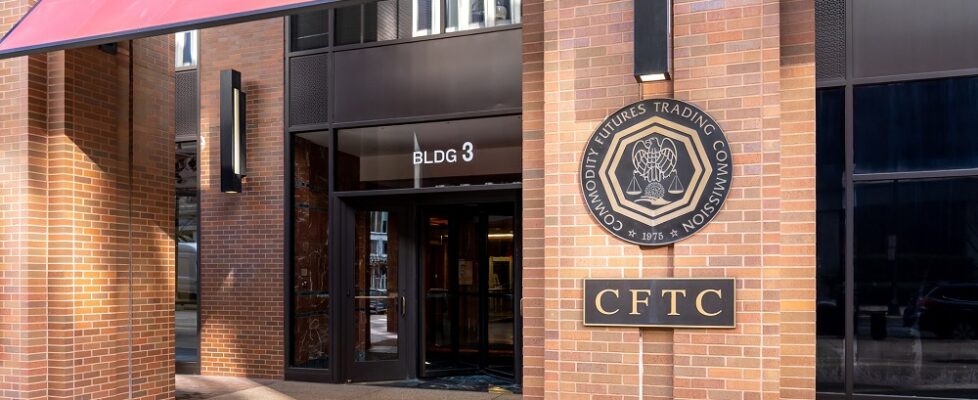CFTC and Israeli binary options scammers to engage in settlement talks
The United States Commodity Futures Trading Commission (CFTC) is making progress in its action against a $20 million binary options scam. The regulator and some of the individuals involved in the operations of Israel-based Digital Platinum, Ltd, will engage in a settlement conference before a magistrate judge. This becomes clear from the latest document entries in the Florida Southern District Court.
The settlement conference, which will involve the CFTC, as well as defendants Tal Valariola, Itay Barak, and Digital Platinum, Ltd, is set to be conducted before Magistrate Judge Chris M. McAliley in February 2021.
Let’s recall that the CFTC’s complaint alleges a long-running fraud scheme involving the promotion of purported automated trading systems to be used in connection with the trading of binary options and digital assets. Tal Valariola and Itay Barak are alleged to have owned and controlled Digital Platinum, Ltd. at all relevant times.
The complaint alleges that the Israeli defendants are liable for options fraud in violation of 7 U.S.C. § 6c(b), and the use of a manipulative and deceptive device in violation of CFTC Rule 180.
The complaint charges defendants Daniel Fingerhut of Miami, Florida, and three companies that he worked with, Digital Platinum, Inc. (DPI), a Florida corporation, Digital Platinum, Ltd. (DPL), an Israeli company, and Huf Mediya Ltd. (Huf) a Bulgarian company, as well as the control persons of all three entities, Tal Valariola and Itay Barak of Israel. According to the complaint, beginning in at least October 2013 and continuing through August 2018, the defendants allegedly created fraudulent marketing materials which promised astronomical profits with no risk of loss and disseminated them via email spam and by making videos available online.
Over 59,000 customers opened and funded trading accounts as a result of these fraudulent marketing campaigns, which generated payments of over $20 million in commissions to the defendants.
According to the complaint, the marketing materials touted fake trading performance using advertised binary options and digital asset trading software and systems. The marketing videos typically featured actors—often posing in front of props such as mansions and private jets—who falsely claimed they had become rich trading.
The complaint also charges Fingerhut with making materially false or misleading statements to CFTC staff, including while under oath, in an apparent effort to conceal the extent of his role in the fraud and to avoid producing documents.
The CFTC contacted counsel for Daniel Fingerhut on December 21, 2020, to determine whether Fingerhut wished to participate in a settlement conference at this stage of the litigation. Fingerhut’s lawyer did not respond.




